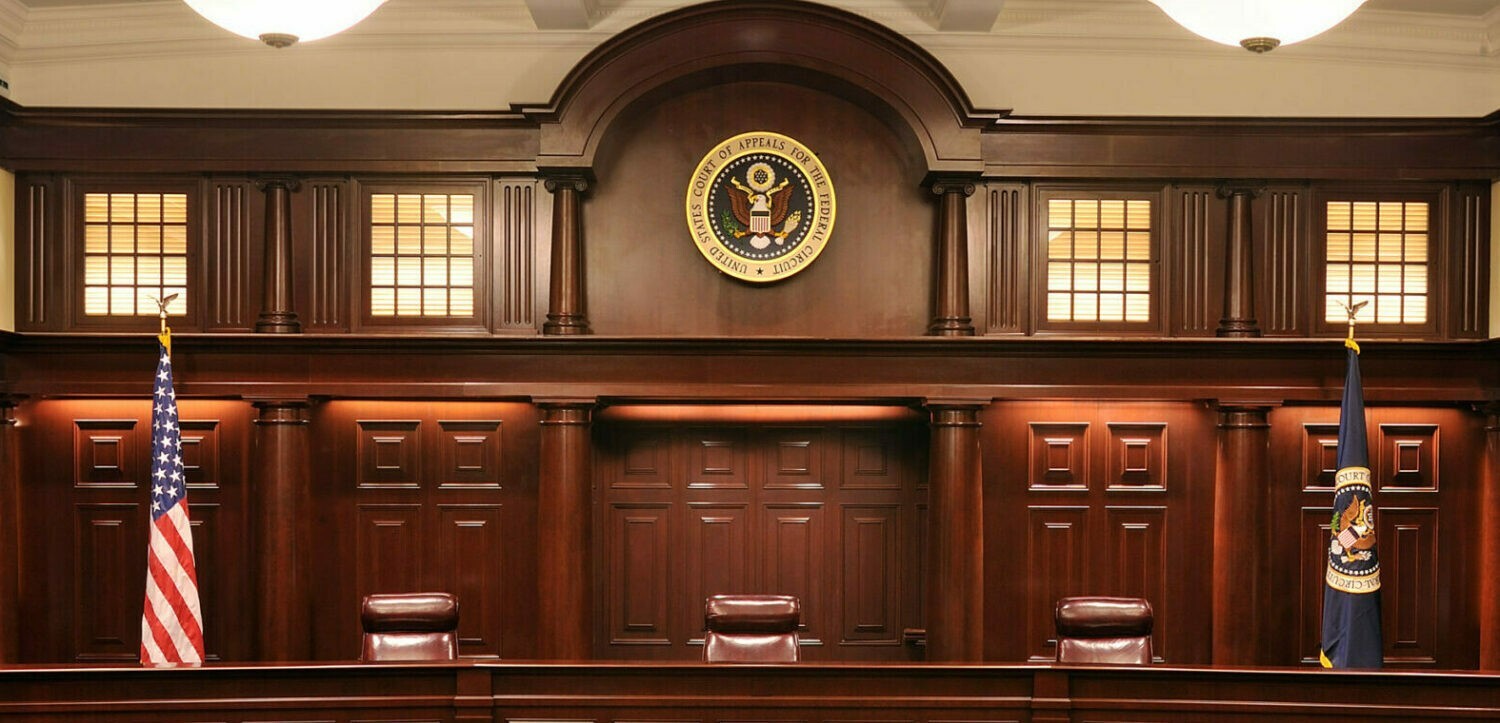您想继续阅读英文文章还
是切换到中文?
是切换到中文?

THINK ALUMINIUM THINK AL CIRCLE

Yet another dramatic twist has unfolded in the US tariff corridor! Within just 24 hours, the same US Federal Court delivered two starkly opposite rulings. In one moment, the court struck down Donald Trump’s sweeping tariffs, deeming them unjustified and labelling them as mere safeguard measures not rooted in genuine national security concerns. The other moment, it repealed the verdict, effectively reinstating the tariffs. After even commenting that the tariffs “exceed any authority granted to the president”, this unprecedented move by the US Federal Court arrives as a big surprise for the entire global trade communities.

What exactly did the court say?
The US Court of International Trade delivered the judgement this week that Donald Trump wrongly used the presidential authority under the International Emergency Economic Powers Act (IEEPA) for enforcing sweeping tariffs on aluminium, steel, and a wide array of end-user products imported from various parts of the world. The court particularly denounced the additional duties levied on key US allies like Mexico, Canada, and China, highlighting the severe economic repercussions that followed..
IEEPA was introduced in 1977, granting the US President broad powers to regulate commerce during a declared national emergency, without requiring consulting Congress. But the three-judge panel felt the reasons cited by Donald Trump to justify his tariffs plans failed to meet the threshold of an “unusual and extraordinary threat,” as required under the statute.
The federal court decision initially stemmed from legal complaints lodged by the nonpartisan Liberty Justice Centre, representing small American businesses that bore the brunt of the tariff fallout.
Even the India Government had walked to the World Trade Organization, seeking formal consultations with the United States over tariffs imposed on aluminium and steel imports by the Trump administration in 2025. India argued that, despite the US labeling these measures as national security actions, they were, in reality, nothing more than safeguard measures aimed at protecting domestic industries.
…and so much more!
SIGN UP / LOGINResponses








